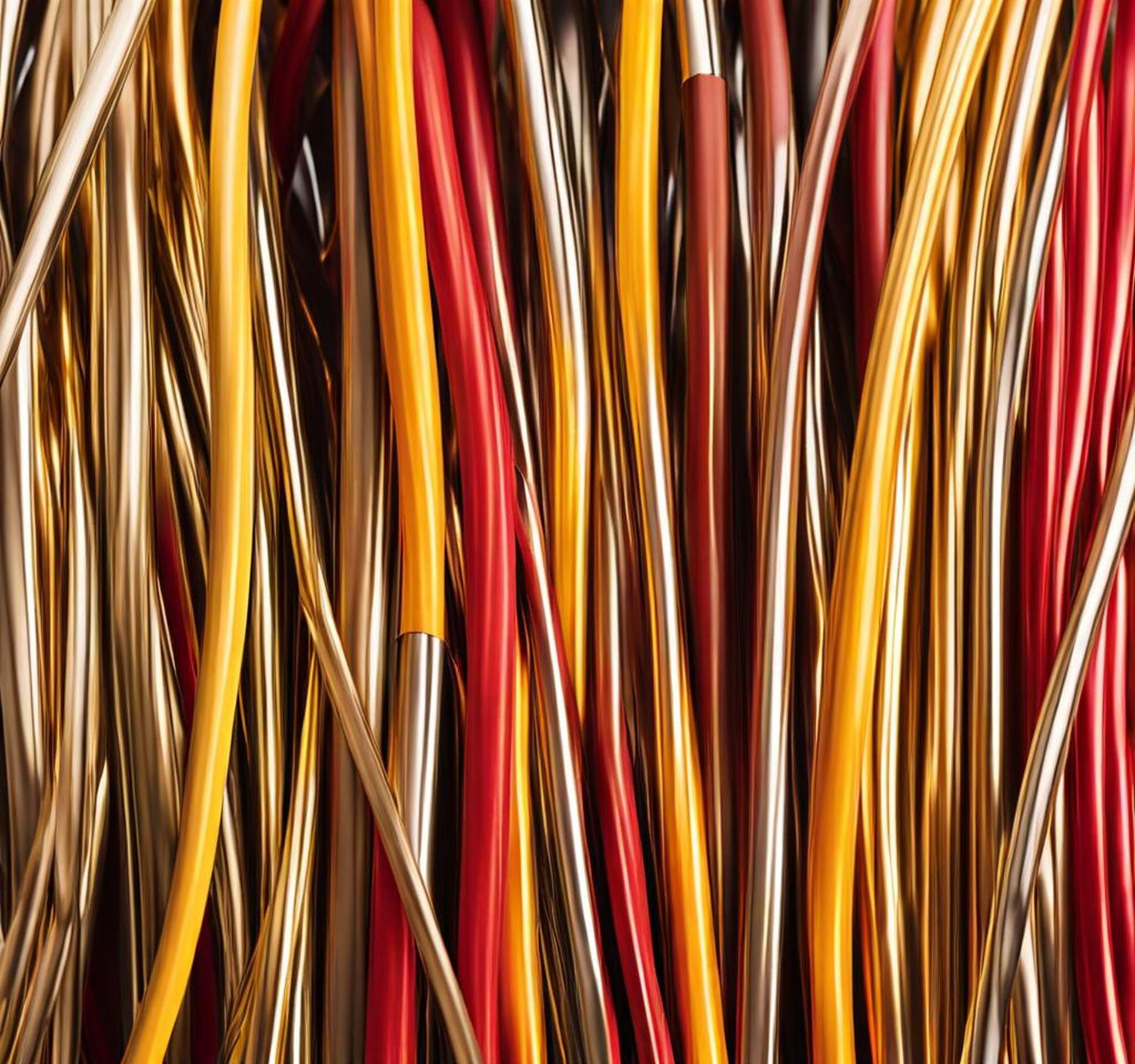Installing a new electric stove in your kitchen is an exciting upgrade. With features like induction cooktops, convection ovens, and steam baking, today’s electric stoves make cooking easier and more enjoyable. However, proper installation is crucial to get the most out of your stove safely. Choosing the right gauge electrical wire is especially important.
For many modern electric stoves with a high amp rating, a 6 gauge wire is recommended. This thick copper wire can handle the electrical load without overheating. Let’s look at why 6 gauge wire is ideal for your new stove, and how to install it correctly.

Choose the Right Wire Gauge Based on Your Stove’s Amps
The amperage, or amps, listed for your electric stove determines the minimum wire thickness needed. Most standard household circuits are rated for 15-20 amps. But many stoves require 40-60 amp circuits to power multiple heating elements and the oven.
| Amp Rating | Minimum Wire Gauge |
|---|---|
| Less than 30 Amps | 10 Gauge |
| 30-50 Amps | 8 Gauge |
| 50-60 Amps | 6 Gauge |
With a thicker diameter than smaller gauges, 6 gauge wire allows more current to flow safely. The greater cross-sectional area lowers electrical resistance. This is key for power-hungry appliances like ovens.
Key Specifications for Stove Wiring
For optimal safety and performance, 6 gauge copper wiring for stoves should have:
- Thermoplastic insulation to resist heat
- UL-listing to meet safety standards
- Correct voltage rating for the stove
Wires specifically designed for stove connections will be insulated with high-temperature thermoplastics rated to at least 140degF. UL-listing verifies the wire meets quality and safety benchmarks.
Most electric stoves run on a 120/240-volt circuit. Choosing 6 gauge wire rated for this voltage ensures all components function properly.
Professional Installation of 6 Gauge Stove Wire
Connecting a 6 gauge wire for an electric stove requires an experienced electrician. Proper installation involves:
- Having your electrical service inspected
- Running wire through conduit to a junction box
- Connecting to a 50 amp circuit breaker
- Making sure connections are tight
A dedicated 50 amp circuit with the correct size breaker is necessary. The wire must be protected by conduit rather than running loose behind walls. Tight connections prevent arcs and overheating.
Call an Electrician for a Safe Electrical Service Upgrade
If your home’s current electrical service can’t accommodate the extra load from a high-amperage stove, upgrades will be required. This may involve replacing the main service panel, adding a subpanel, or running new wiring.
A professional assessment of your electrical service will determine if upgrades are needed for your new stove. Don’t take chances with electrical capacity when safety is paramount.
Maintain Your 6 Gauge Stove Wiring
Once properly installed, 6 gauge wire should provide reliable service. But it’s smart to periodically inspect for potential issues like:
- Poor connections causing overheating
- Cracked/frayed wire insulation
- Tripped breakers or blown fuses
Also call an electrician immediately if you notice discolored or melted insulation, burning smells, or flickering lights indicating a loose stove connection.
With regular maintenance and quick repairs when needed, quality 6 gauge wire will give you many years of safe, uninterrupted cooking.
Frequently Asked Questions
Is 6 gauge wire required for electric stoves?
Not necessarily, but it is recommended for stoves with a 50 amp or higher rating. Always check manufacturer specifications.
Can 6 gauge wire be used for both an oven and cooktop?
Yes, with proper installation a single 6 gauge circuit can safely power both an electric oven and cooktop.
What size breaker is needed for a 6 gauge stove wire?
A 50 amp breaker in the main service panel is required to protect the circuit.
Upgrading kitchen appliances is an exciting endeavor that also requires safety mindfulness. With a better understanding of proper wire gauge, specifications, and professional installation, you can cook comfortably knowing your electric stove’s wiring will perform reliably for years to come.
